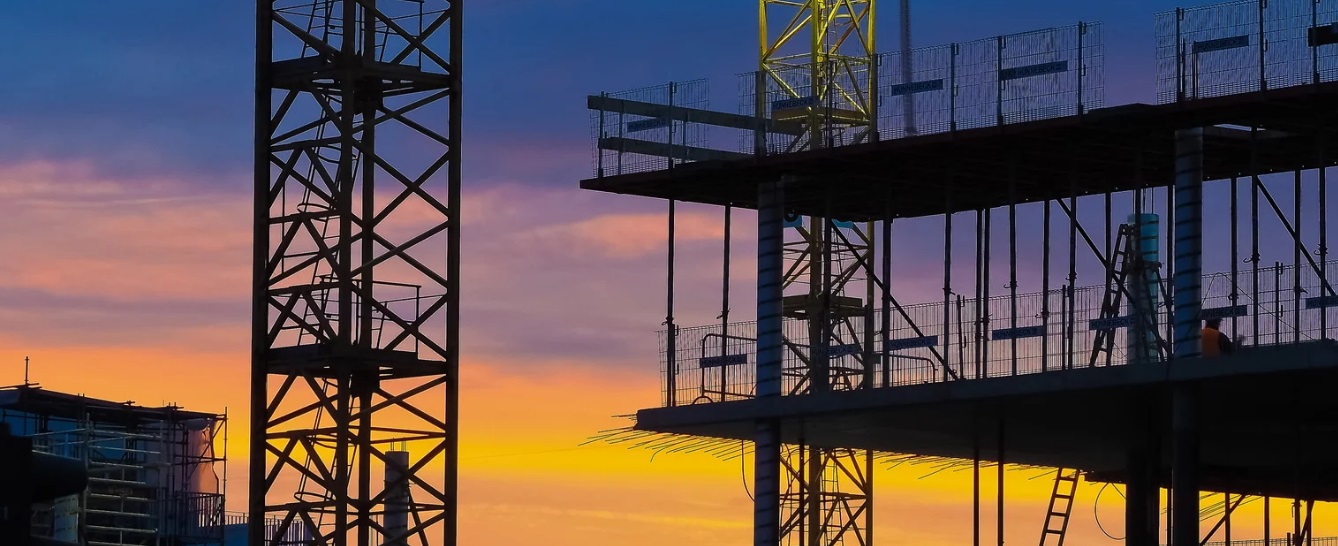The Plumbing Industry
The Plumbing Industry: Building Scotland’s Foundations
The plumbing industry is a cornerstone of Scotland’s construction sector and an essential contributor to the nation’s quality of life. From ensuring clean water supply and efficient waste management to integrating modern, sustainable systems, plumbers play a pivotal role in creating safe, functional, and sustainable environments. At The Fight for Scotland’s Construction Industry, we champion the plumbing profession and work to address the challenges and opportunities shaping its future.
The Lifeblood of Modern Living
Plumbing is integral to nearly every aspect of modern living. Homes, schools, hospitals, and businesses all rely on the expertise of plumbers to maintain water systems, heating, and sanitation. Beyond comfort, plumbing safeguards public health and supports critical infrastructure.
Yet, the importance of plumbing is often overlooked. At The Fight for Scotland’s Construction Industry, we are committed to raising awareness of the vital role plumbers play in maintaining our health, safety, and well-being.

Economic Impact
The plumbing industry is a significant contributor to Scotland’s economy, supporting tens of thousands of skilled workers and generating substantial revenue. It creates a steady stream of jobs, from apprenticeships and tradespeople to engineering and management roles.
Moreover, plumbing businesses stimulate local economies by sourcing materials and equipment from suppliers and driving demand for innovative technologies. By advocating for investment in this sector, we aim to strengthen its contributions to Scotland’s economic growth and resilience.
Overcoming Skills Shortages
Like many trades within the construction sector, the plumbing industry faces a skills shortage. With an aging workforce and fewer young people entering the profession, the industry risks falling short of meeting future demand.
To address this, we champion initiatives that inspire and educate the next generation of plumbers. Apprenticeship programs, training schemes, and outreach in schools are critical to showcasing the rewarding career paths plumbing offers.
We also advocate for diversity and inclusion, ensuring that plumbing is accessible to everyone, regardless of gender, background, or experience. A diverse workforce not only reflects the communities it serves but also brings fresh perspectives and innovation to the industry.
Embracing Innovation and Sustainability
The plumbing industry is at the forefront of adapting to the challenges of a changing world. From water conservation systems to renewable energy technologies, modern plumbing is driving sustainability and environmental responsibility.
Water efficiency has become a priority in both residential and commercial developments. Innovative solutions, such as rainwater harvesting, greywater recycling, and low-flow fixtures, are reducing water consumption and contributing to Scotland’s environmental goals.
At The Fight for Scotland’s Construction Industry, we encourage the adoption of sustainable practices and advocate for policies that support the transition to greener plumbing solutions. By embracing innovation, plumbers can help mitigate the effects of climate change while creating long-term value for their clients and communities.
Challenges Facing the Plumbing Industry
Despite its importance, the plumbing industry faces several challenges. Rising costs of materials, supply chain disruptions, and regulatory complexities can hinder progress and strain businesses. Additionally, evolving customer expectations demand advanced skills and knowledge, from smart home integration to energy-efficient heating systems.
To address these challenges, we support policies that provide financial relief, streamline regulations, and encourage training in new technologies. Collaboration between industry stakeholders is essential to overcoming these obstacles and ensuring the sector’s continued growth.
Public Awareness and Recognition
One of the key challenges plumbers face is a lack of recognition for their expertise and contributions. Many people underestimate the skill, precision, and technical knowledge required in the trade. This can impact recruitment efforts and undervalue the profession.
At The Fight for Scotland’s Construction Industry, we are dedicated to highlighting the importance of plumbing and celebrating the individuals who make this industry thrive. Through campaigns, events, and partnerships, we aim to elevate the perception of plumbing as a vital and respected profession.
Supporting Local Communities
Plumbers are more than skilled tradespeople—they are integral members of their communities. Their work ensures access to clean water, safe sanitation, and reliable heating, directly enhancing the quality of life for families and businesses.
Beyond the technical aspects, plumbers often contribute to local economies and support small businesses. Many are involved in charitable initiatives, providing services to vulnerable populations and assisting with community projects. By advocating for the plumbing industry, we are also supporting the growth and well-being of Scotland’s communities.
Join the Fight
The plumbing industry is a vital force in Scotland’s construction sector, but its success relies on collective effort. At The Fight for Scotland’s Construction Industry, we are proud to stand with plumbers, businesses, and policymakers to ensure this trade receives the recognition, support, and investment it deserves.
Whether you are a plumbing professional, an industry partner, or a concerned citizen, your voice matters. Together, we can address challenges, embrace opportunities, and build a stronger future for Scotland’s plumbing industry.
Let’s fight for Scotland’s construction industry—because plumbing is more than a trade; it’s the foundation of a thriving nation.






